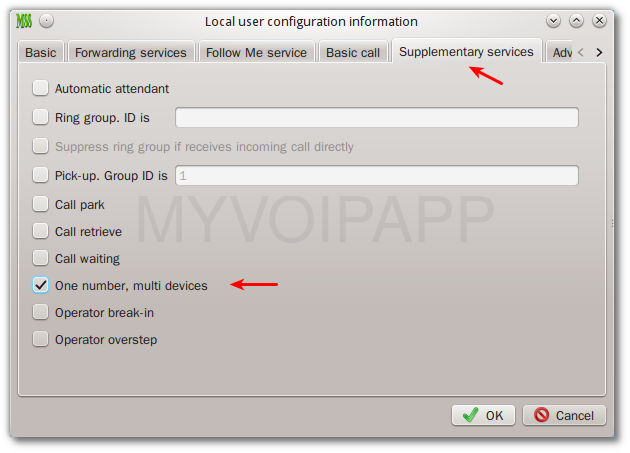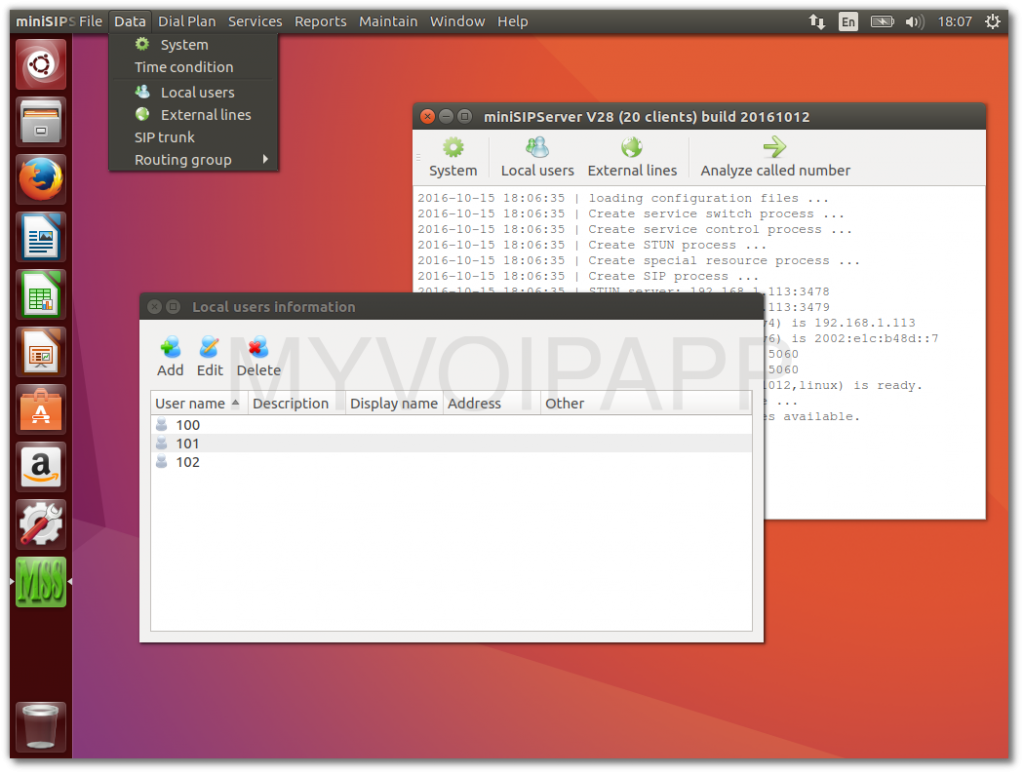AMHERST, NY and ShenZhen, P.R. China — August 4, 2016 — Citel Technologies, Inc., is pleased to announce that it has successfully completed interoperability testing with MyVoIPApp’s miniSIPServer, a software-based SIP PBX, designed for small and middle size companies, miniSIPServer is very easy to use with rich features and can work on multi-platforms, such as Windows and Linux whilst also fitting both IPv4 and IPv6 networks.
The Portico™ TVA™ offers companies the means to migrate their customers to VoIP without the unnecessary burden of ripping and replacing existing cabling infrastructure, purchasing new IP phones and installing Power over Ethernet switches. Customers can retain their existing digital, analog and Centrex phones without removing the existing switches by SIP enabling those phones through the use of the Portico™ TVA™. This is a quick and cost-effective means of VoIP migration.
“Used together, the two innovative solutions provide companies with the fastest and most cost-efficient means to upgrade from legacy systems to modern Unified Communications,” said Ian Gomm, VP of Sales & Marketing for Citel.
Citel and MyVoIPApp kicked off interop testing with miniSIPServer at the request of a high-profile customer who was looking to use this Windows-platformed softswitch for a cross-country network of customer service training centres. “We have undertaken interoperability with many IP PBXs over the years, and know that sometimes some systems are easier than others to complete. MiniSIPServer was new to us, but I was really pleased to hear engineers’ initial feedback that the system was easy to work with and interop had gone smoothly” said Andrew Davies, VP, Engineering at Citel. He continued “Then they showed me some quite sophisticated presence monitoring and Busy Lamp Field functionality and I saw the product was a great fit with the Portico™ TVA™, wherever digital business phones were the preferred handset. We look forward to taking the relationship further.”
About Citel Technologies, Inc. (citel.com)
Citel enables SMBs, large enterprises and service providers to realize the cost and productivity benefits of IP telephony while at the same time leveraging their existing PBX infrastructure. Businesses with single or distributed locations and PBX vendors can now deploy next-generation IP applications and services at their own pace, with minimal business disruption. Service providers can deploy Hosted IP telephony services quickly, without having to “rip and replace” existing enterprise PBX handsets and LAN cabling. Citel is based in Amherst, New York with offices in Loughborough, England (UK) and Toronto, Canada.
About MyVoIPApp (myvoipapp.com)
MyVoiPApp was founded in 2007, in ShenZhen, P.R. China. Although a small company its employees all have more than ten years experience in the field of communications and its focus on communication technology has facilitated strong growth and penetration in the VoIP marketplace.


